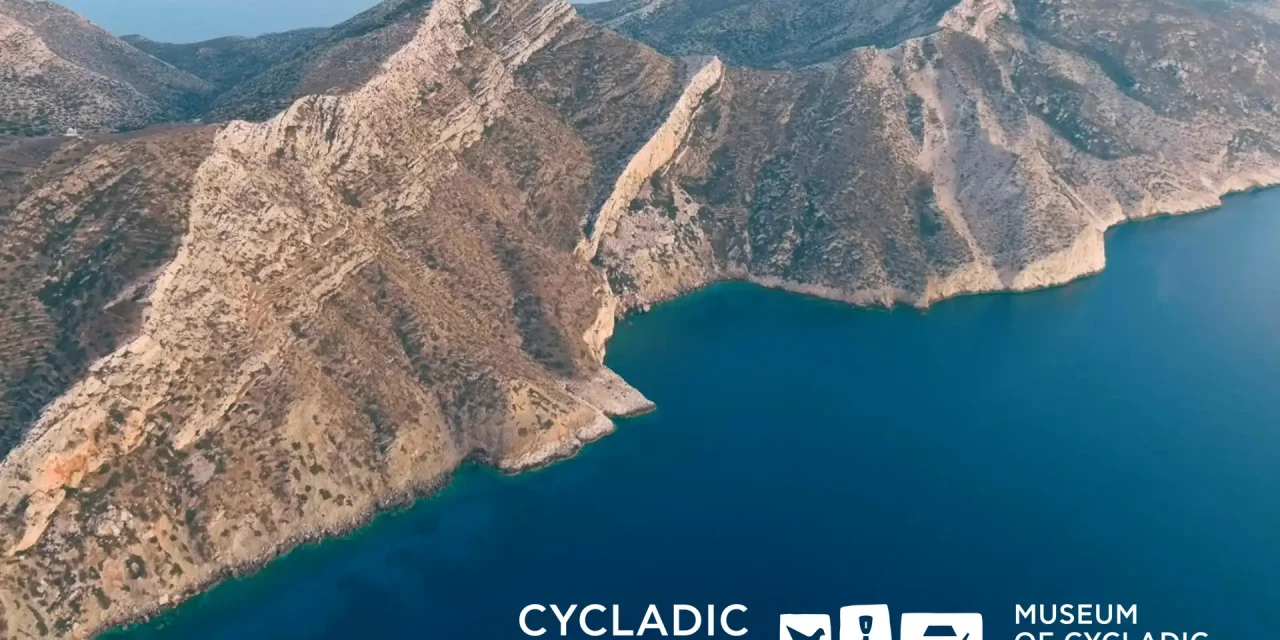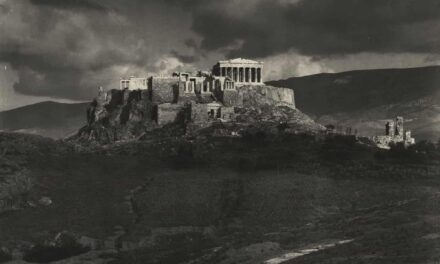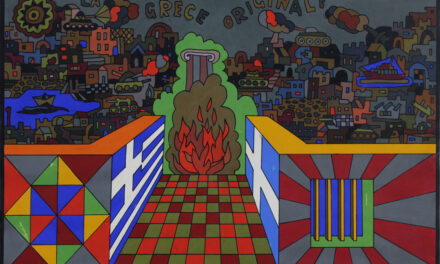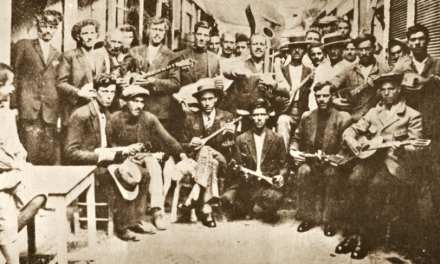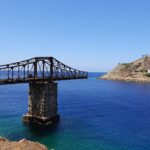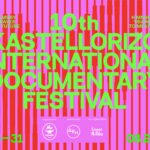Cycladic Identity is an initiative by the Museum of Cycladic Art, aiming to establish a direct dialogue with the local communities in the Cyclades, identify their needs, and support projects that contribute to the preservation of the Cycladic identity.
Contemporary challenges
The traditional customs and rituals which constitute the unique cultural identity of the Greek islands’ local societies are, now more than ever, vulnerable to the risks of overtourism and globalization, as well as to the dangers posed by climate change. Thus, the initiative aspires to actively contribute to the protection of the cultural and natural heritage of the Cyclades, and to positively affect the local communities in their everyday lives.
Cycladic Identity seeks to provide the means and motivate the islanders to actively participate in the preservation of their own heritage, with a focus on obtaining a sustainable future. This mission entails supporting projects that help preserve, restore and reveal the unique elements of the Cycladic identity – that is, elements and activities in the fields of the islands’ Culture, Environment and Intangible Heritage.
As the Museum’s President & CEO, Sandra Marinopoulou, points out, “the Museum of Cycladic Art owes its existence to the Cycladic islands. And we feel it is now time to give back to them. The Cycladic Identity initiative is our way of transforming our words of gratitude into works of impact”.
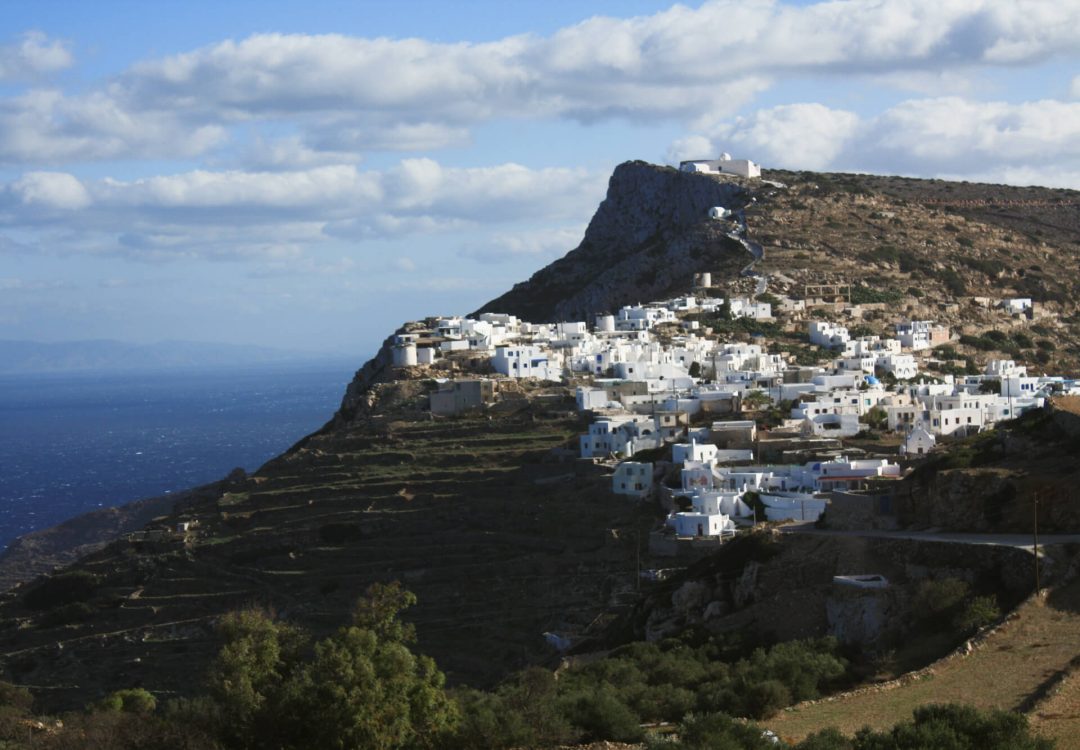
Cycladic Culture
The Cyclades are a crossroads between Europe and Asia – a position that ultimately defined their natural evolution. The islands hosted civilizations and monuments of all eras, including one of the greatest prehistoric civilizations, the Cycladic Civilization (3rd millennium BC). In the Byzantine and post- Byzantine periods, the Cyclades experienced a significant boom with the construction of important monuments. Prehistoric settlements, monuments of historical times, castles, forts and walls of all eras, Byzantine and post-Byzantine churches and monastic complexes, neoclassical buildings, windmills, fountains and dovecotes are some of the elements that make the Cyclades a unique treasure in the heart of the Aegean Sea.
Cycladic Biodiversity
The Cyclades are a living evolution laboratory. They are home to an impressive array of biotopes, including Natura 2000 protected areas. These biotopes range from sandy beaches and rocky shores, grasslands, marshes, lagoons, olive groves and vineyards, to seagrass meadows and coral reefs. They provide habitat to a large number of species of flora and fauna, many of which are endemic – i.e. species that survived the adverse conditions of the area, developing special adaptations and prevailing in their ecosystems. In the relatively small area of land covered by the Cyclades, there are today more than 2000 species of plants, of which at least 200 are endemic, rare bird species and thousands of marine organisms, including some of the rarest mammals of the Mediterranean.
Intangible Heritage of the Cyclades
The customs, social rituals, traditional practices and arts of the Cyclades are a valuable part of their history and culture and have shaped the area’s unique identity. The intangible heritage of the Cyclades encompasses a vast array of elements including agri-food traditions, local products, distinctive crops, distinctive architectural types, traditional musical instruments, constructions and crafts, festivals and other aspects of life which form the connective tissue of local societies and create a sense of common identity.
Programs
The mission of the Cycladic Identity initiative is fulfilled through the implementation of specific programs: Various proposals are submitted to a Scientific Committee and those deemed to be the most innovative, with the greatest potential, and with an estimated positive impact for the local, are selected to receive funding according to the approved budget and timetable of activities.
The first period of proposal submission for program funding was completed on February 20th, 2023. The invitation was addressed to 35 organizations that are active in the Cyclades in the areas of Culture, Biodiversity and Intangible Heritage, the three main pillars of the initiative. 25 applications from 11 islands were submitted, and were subsequently evaluated by the members of the Committee, based on a predefined list of criteria.
In accordance with the evaluation of the Scientific Committee, followed by reviewing and approval by the members of the Advisory Board, the programs which obtained funding (with a maximum implementation duration of 12 months and a maximum funding amount of €10,000) are the following :
- Amorgos | Intangible cultural heritage of Amorgos- recording traditions – Municipal Public Benefit Organization of Amorgos
The program, realized with the cooperation of local groups, under the coordination of the Municipal Public Benefit Organization of Amorgos, aims at recording oral testimonies of elderly residents of the island in order to preserve the wealth of its history and traditions. Testimonies of women and men from the villages of Amorgos –on the topics of arts and practices, music and dance, household and social life– are recorded using modern methods and catalogued, while they will also be used to produce a documentary.
- Andros | Traditional water management practices in the central mountainous area of Andros: Recording, preservation, interpretation and promotion actions – Center for Contemporary Research and Action for Andros, in short Andros Research Center
Surface water management in Andros is an ancestral ritual process, passed down from generation to generation linked to ownership. The so-called water rights are recorded and exercised in Andros, to this day. Climate change makes water an even more precious resource; it was hence considered important to study, document and creatively communicate the aquatic wealth of Andros, a valuable timeless resource, and its traditional management practices, to a variety of audiences. This entails digitally recording all central water sources, conducting historical research using archive materials, collecting testimonies and creating a digital tour.
- Donousa | Development of a website for hosting, maintaining, and promoting the Oral History Archive of Donousa – POSEIDON Cultural and Environmental Association of Donousa
Since 2007, in collaboration with the creative team Media Dell Arte, recording of interviews of the oldest residents of Donoussa has begun, providing an image of their lives and experiences. These interviews are transcribed and archived creating the Donoussa Oral History Archive. The Cycladic Identity funding will help develop a website for hosting the Oral History Archive of Donoussa (text, sound, photos, documents). More specifically, the website will feature recorded narratives along with transcribed text and photographs of the individuals. It will also include old photographs of the island and the Community Archive.
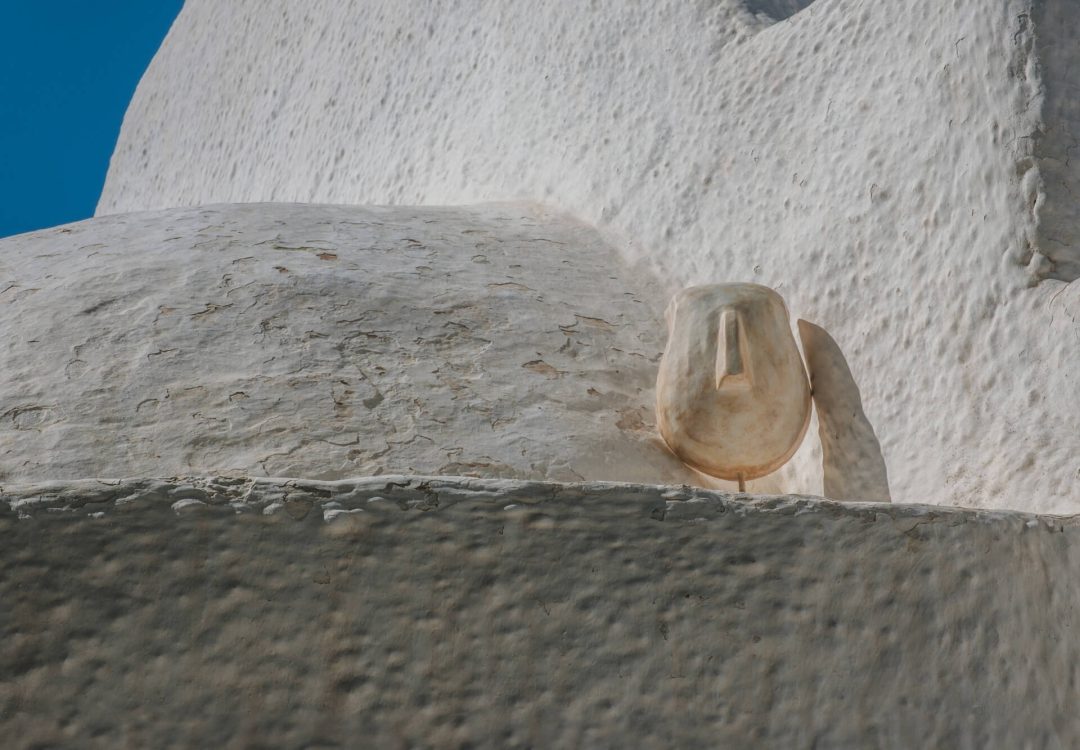
- Ios | Cycladic youth gaze – Cinemathesis
The program funded by Cycladic Identity consists of a cinematic educational workshop for secondary school students in Ios. Local teenagers were invited, to shoot one-minute, single-shot video art pieces, with the aim of piecing together a “mosaic” of recordings that reveals the invisible side of their island. The program’s activities include theoretical and technical training of the participants, shooting and editing of the produced material, and public presentation of the work. The resulting video art will be showcased as a long durational installation in a selected public area of the island.
- Kea | Listen to the story… – Center for the study & dissemination of myths & folktales
The program includes the production of 20 podcast stories, featuring original musical compositions, inspired by the oral tradition and mythology of Kea. These stories will be available to everyone through digital media, by scanning a QR code that will direct them to the story’s link. The QR codes will be displayed on signs positioned in prominent locations across various public places.
- Kea | Recording traditional instrument players of Kea to safeguard, preserve and promote traditional music as intangible cultural heritage – Municipal Public Benefit Organization of Kea
Kea is home to many instrumentalists and musicians; the funded program focuses on recording the remaining traditional musicians of Kea who have developed a special and diverse way of playing. These high-quality audio and video recordings will be used in the creation of ten standalone short documentaries featuring the remaining elderly virtuosos of the island. Efforts will be made to record the instrumentalists in iconic landmarks of Kea.
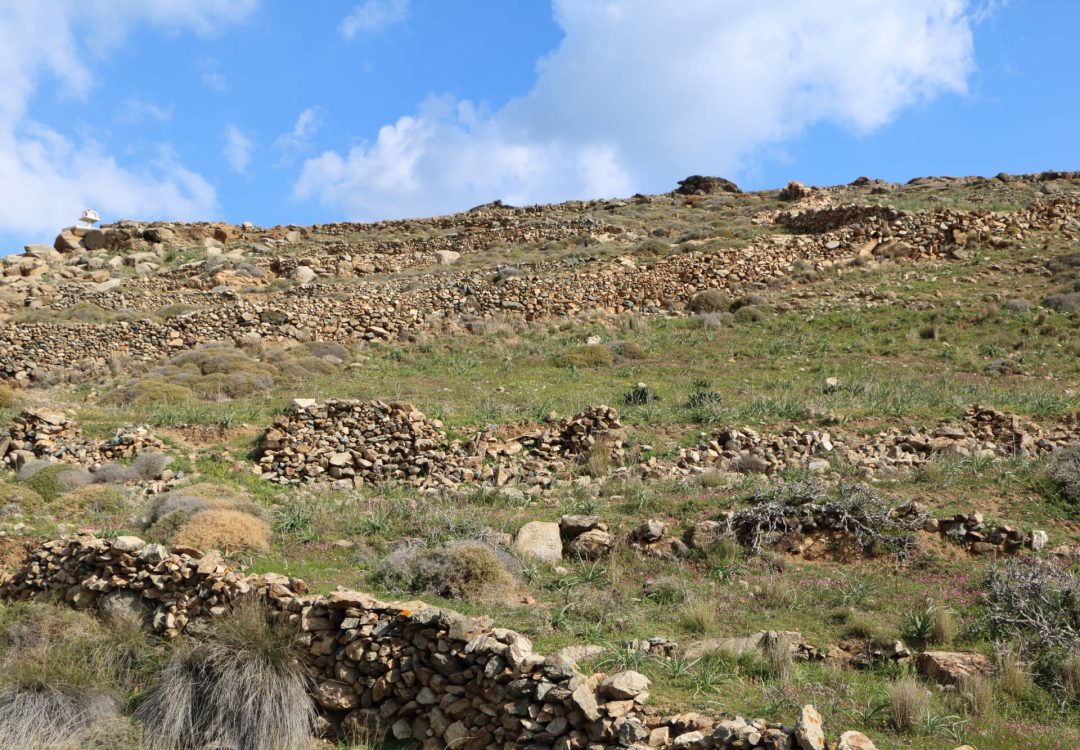
- Mykonos | Recounting and documenting the art of dry stone walling (xerolithia) – Municipal Enterprise for the Environmental Protection, Education and Development of Mykonos
The program involves the creation of an online digital repository website documenting old craftsmen and dry stone construction techniques, along with a pilot dry stone workshop. The main goal of the Cycladic Identity funded program is to create an open and continuously updated website for the documentation of the traditional building method of dry stone, using not only archive material (photos, files, drawings), but also live recordings the remaining craftsmen at work. A “dry stone school” will also be organized with the participation of traditional craftsmen and new artisans.
- Paros | Ancient Quarries of Paros- stability and accessibility of underground tunnels – Paros Ancient Marble Quarries Park MAKE
The Ancient Marble Quarries of Paros in Marathi, and in particular the monuments of the underground mining tunnels (Nymphon and Panos quarries), are part of a cultural heritage of global importance. The Ancient Quarries operated from the 7th century BC onwards; the famous Parian marble was widely used in architecture and sculpture. The Cycladic Identity funding supports the implementation of the first stage of a series of studies and interventions in the Ancient Quarries of Paros, which aim at protecting and revealing their value, and reestablishing accessibility of visitors.
- Sikinos | Paths of Culture in Sikinos: Creation of a navigation and information application – Hellenic Society for the Environment and Cultural Heritage (ELLET)
The networks of paths in the Cycladic islands, created by their inhabitants over the centuries, are part of the cultural heritage and unique character of the area. The funded program aims at creating the mobile application “Sikinos Paths”. The network of paths in Sikinos was implemented by the “Paths of Culture” program and the “Sustainable Aegean” program of ELLET, in 2011. It includes 7 marked routes from 1.4 to 14.3 km in length, with a total development of 56 km, covering the largest part of the island and including the most important places of interest. The app, which will be available for free on Google Play Store and Apple’s App Store, will help hikers navigate the paths in an easier and more secure way, while it will also promote Sikinos as a hiking destination.
Read also via Greek News Agenda: Cycladic Society uncovered on the Cycladic Art Museum’s 30th anniversary; Hiking Greek Islands: explore off-the-beaten-track treasures!; Photography: W. Mark Wilman on “Discovering the Beauty of the Cyclades”; 1st Cycladic Kids Festival
Ν.Μ. (Images taken from the official Cycladic Identity website)

